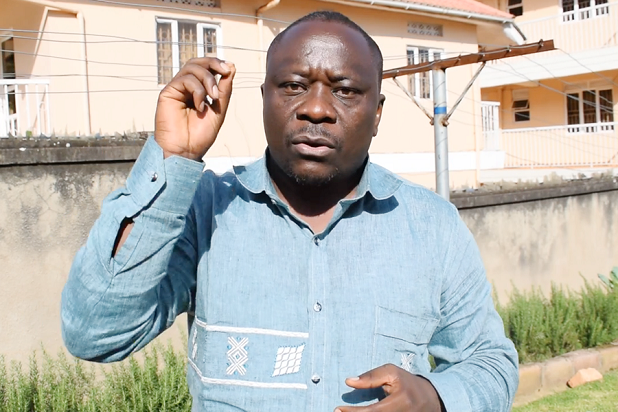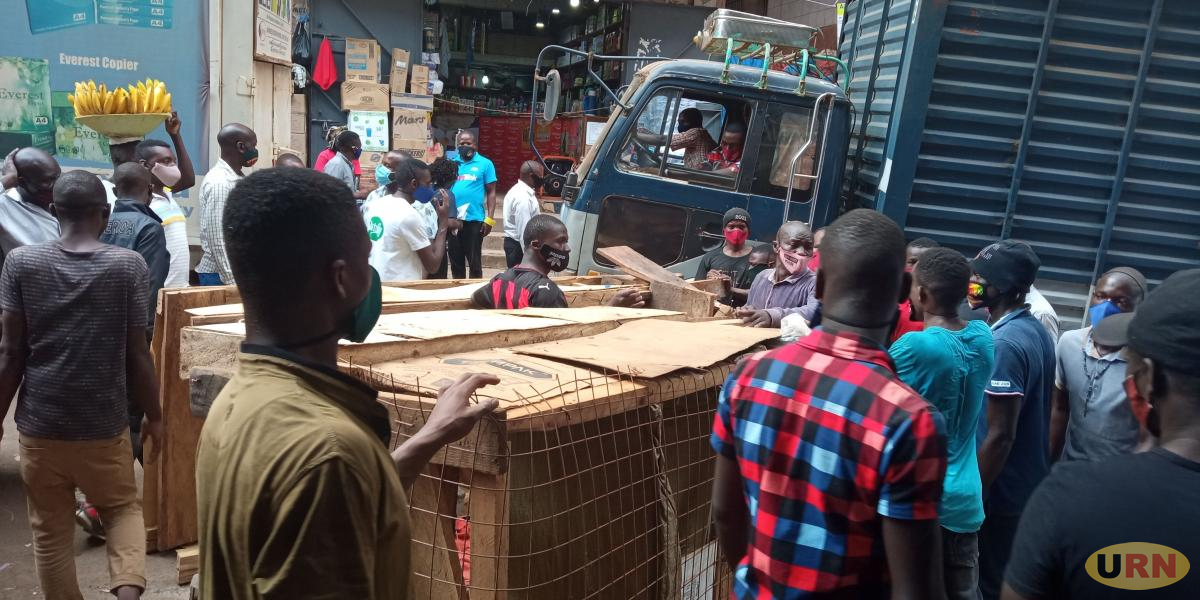By Dr. Ian Clarke
While I have argued that Uganda should be free to extract its oil from the Lake Albert basin, I am also a strong supporter of Uganda going green.
The money derived from the exploitation of oil should be used to prepare us for climate change and develop a green economy. Opportunities include the electrification of vehicles, development of solar and hydro power, increased food production, development of drought resistant planting materials, use of sensors in agriculture to read moisture and mineral content, use of apps and data bases mapping farming and tree planting, development of eco-tourism, and ensuring that land management is appropriate to withstand extreme weather conditions causing soil erosion, mud slides and flash floods.
When one sits in a traffic jam in Kampala with hundreds of boda bodas flowing past and old taxis belching diesel fumes, there is very little that is green about the experience.
However, there is also an opportunity in this situation – which is to make boda bodas electric. And there is a project in Uganda making lithium-ion batteries, which can be used by boda bodas to replace petrol engines.
Electric boda bodas would be pollution free, require less maintenance and be cheaper to run.
In Uganda, we also have a shortage of timber since we allowed our forests to be cut down, and National Forestry Authority is one of the worst performing government organisations.
Some of this timber demand can be made up through planting fast growing trees such as eucalyptus and pine. Eucalyptus can be used for electricity poles after seven years, but it can also be used for timber products.
If eucalyptus is machined into narrow strips and then glued it makes beautiful furniture, and can also be used for floors and ceilings as I have done in the Coffee Lodge on my farm.
Teak is another fast-growing timber which grows well in relatively hot conditions in the north and has high export demand.
But perhaps the most promising substitute for timber is bamboo. Uganda has an ideal climate for growing bamboo, and there is an international market.
Bamboo comes in many varieties and sizes and can be used to make all kinds of products – toothpicks, reusable drinking straws, chopsticks, flooring, furniture, and even clothing.
A factory has now been established in Mukono to process bamboo into strips that are glued together to make such items as floor tiles and furniture.
There is an increasing interest in bamboo as a crop since it can be planted as a boundary, or in areas close to waterways where planting other crops would cause erosion.
Tree planting using indigenous trees is often thought of as a luxury because they are not productive for farmers, but tree planting can also be profitable when it restores natural beauty that attracts tourists.
In Uganda, we have destroyed many of the green spaces in cities and do not have anywhere to walk, and even in places of outstanding beauty there are often no trails where we can walk safely.
When I was clearing land to plant coffee, I did not clear right down to the rivers’ edges because this would cause erosion, and I left the natural eco-system. The vegetation along rivers is different because there is moisture and shade encouraging the growth of plants which do not grow in direct sunlight, but we do not often experience this eco-system.
I therefore left the natural canopy along the river, but made a walking trail and added bamboo and indigenous trees.
At other places on the farm, where there were clusters of beautiful mature trees, I cleared the undergrowth around them and planted short grass, so that people could walk safely or picnic among the trees.
Beautiful landscapes do not happen by themselves, and if we leave things to grow wild it will be the fastest growing weeds which predominate, but if we handle the land sensitively, it will reward us by revealing its beauty like a beautiful painting.
We can encourage the emergence of natural microbes that work together with plants and feed them, without having to use chemical fertilizers.
If we compost to enrich the organic layer of the soil and coach back the earthworms, fungi and bacteria, we can create a naturally productive soil environment and not the worn-out soil which we have today.
What we cannot continue to do is to let ignorance prevail, with farmers using methods that are actually destroying our soil.
If we love the land and want to avoid the worst ravages of climate change, we must be scientific in our land management, so that we can continue to enjoy this beautiful Pearl of Africa.
The author is a prominent coffee farmer and entrepreneur





